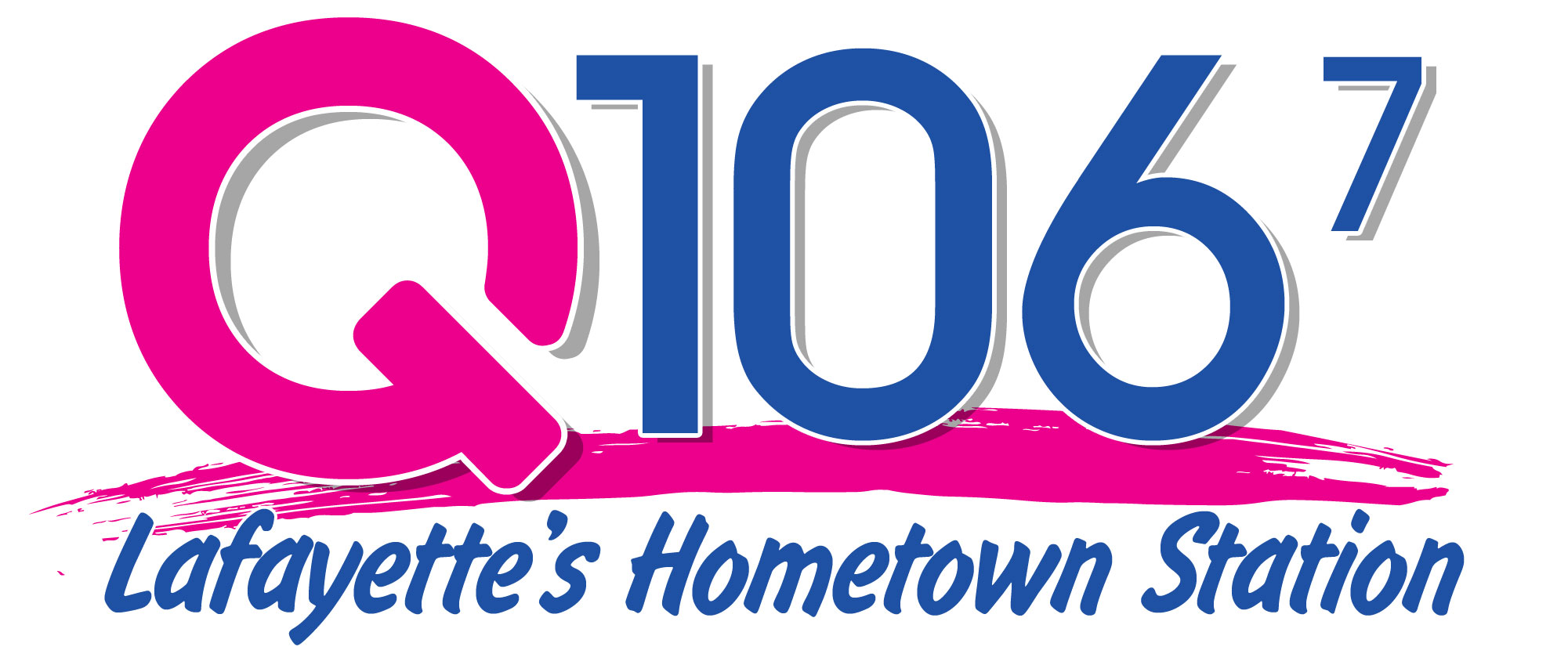It seems odd to highlight Stevie Wonder without highlighting Ray Charles, since it was an album of Ray Charles covers that comprised Stevie Wonder’s first recorded album when he 11 years old. But there are only so many days and producing this entire series in February has been daunting.
Stevie Wonder was a child prodigy. Born prematurely and blind since just after birth, he began playing piano, harmonica and drums at a young age and as signed to Motown when he was just 11. Though he experience some teenage success, including the release of “Signed, Sealed, Delivered I’m Yours,” “My Cherie Amour,” and “Uptight (Everything’s Alright),” it wasn’t until the 1970s when Stevie Wonder found his groove. “Superstition,” and “You Are the Sunshine of My Life” both achieved commercial success and brought Wonder three Grammy Awards. Two more Grammys followed in 1974 and 1975.
The 1980s brought Stevie Wonder into the mainstream, and Stevie used his profile to advance charitable and political causes, most notably, the campaign to make Martin Luther King Jr.’s birthday a national holiday. There were retrospective albums, work for films and television, and charity appearances. The decade also saw the release of what is considered to be Wonder’s greatest hit, “I Just Called to Say I Love You,” which garnered the Academy Award for Best Original Song in 1985.
The pace of new material slowed for Wonder throughout the past three decades, though he continues to make appearances and limited tours. His last public appearance was a beautiful rendition of the Lord’s Prayer at Aretha Franklin‘s funeral in August 2018. But he continues to have a lasting impact on music. He’s ammassed 30 top-ten hits, including ten number-one hits, won 25 Grammys (the most by any solo artist), plus a Lifetime Achievement Award, and he’s in the Rock and Roll Hall of Fame.
And now, on to the best part: the music.




